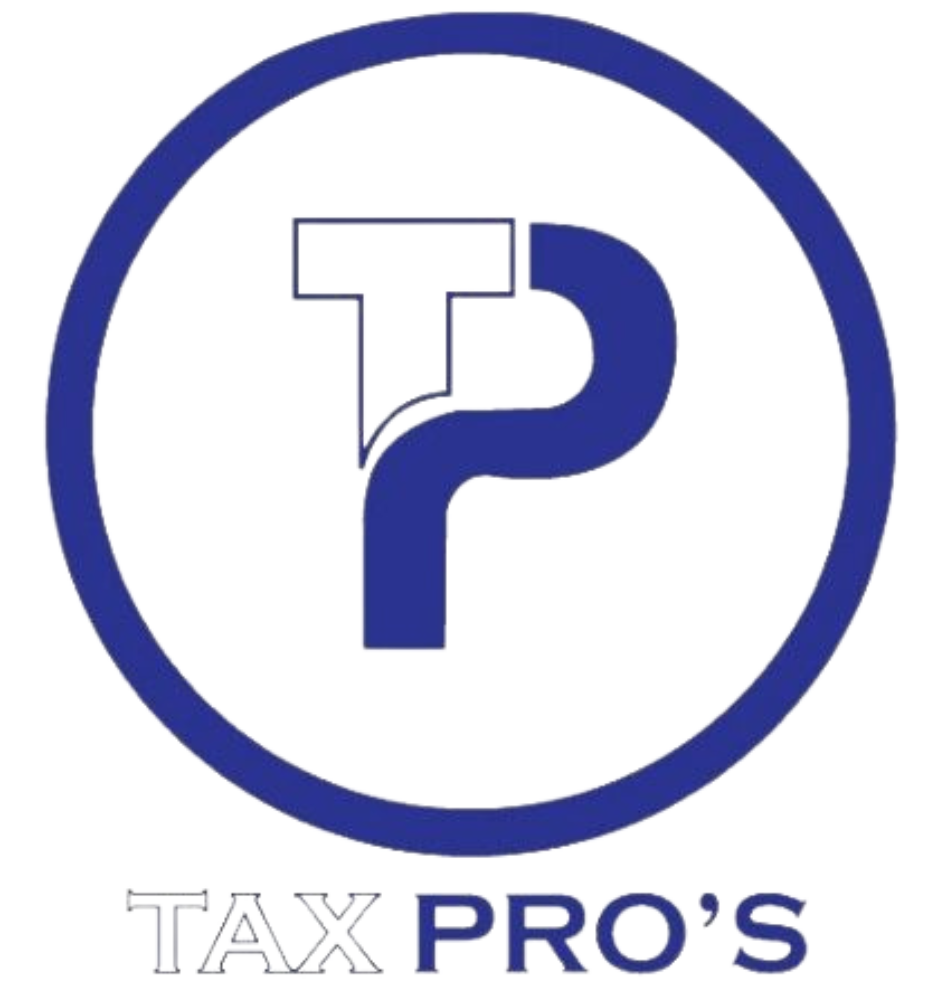- Deduction for business expenses: Small business owners can deduct a wide range of business expenses, including the cost of goods sold, supplies, utilities, rent, and wages.
- Small Business Health Care Tax Credit: Small business owners who provide health insurance to their employees may be eligible for a tax credit to help offset the cost of health insurance.
- New tax credits under the Biden administration: The Biden administration has proposed several new tax credits to support small businesses, including a new child care tax credit and a new credit for sick and family leave.
- Section 179 expensing: Small business owners can expense, rather than depreciate, certain property and equipment, such as computer software and vehicles, under Section 179 of the tax code.
- Home office expenses: Small business owners who use a portion of their home for business purposes can deduct home office expenses, such as rent, utilities, and repairs.
- Depreciation deductions: Small business owners can depreciate the cost of certain assets, such as buildings, equipment, and machinery, over a period of years.
- Retirement plan contributions: Small business owners can establish tax-advantaged retirement plans, such as a Simplified Employee Pension (SEP) or a Savings Incentive Match Plan for Employees (SIMPLE), and make contributions on behalf of themselves and their employees.
- Self-employment tax savings: Small business owners who are self-employed can save on self-employment taxes by taking advantage of deductions for self-employed health insurance and retirement plan contributions.
- Interest expense deductions: Small business owners can deduct the interest they pay on business loans, including mortgages and lines of credit.
- Research and development tax credits: Small business owners who engage in research and development activities may be eligible for a tax credit to offset the costs of these activities.

